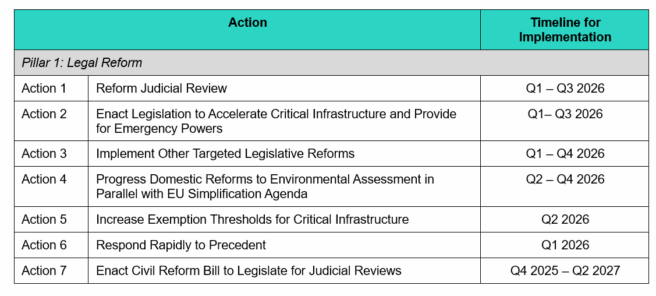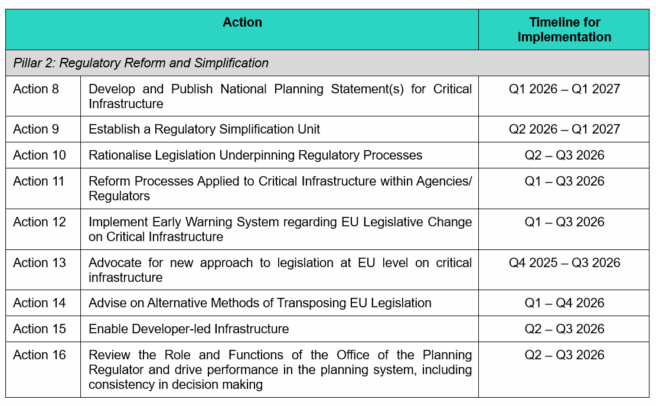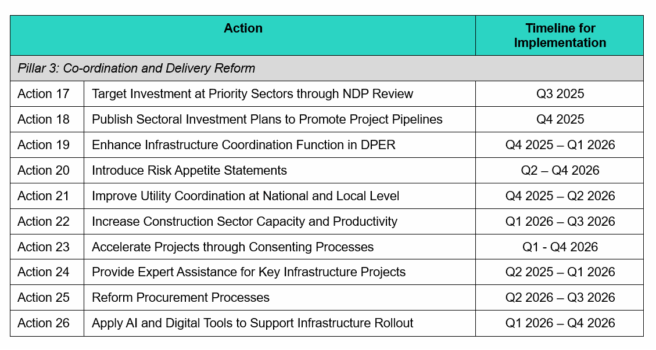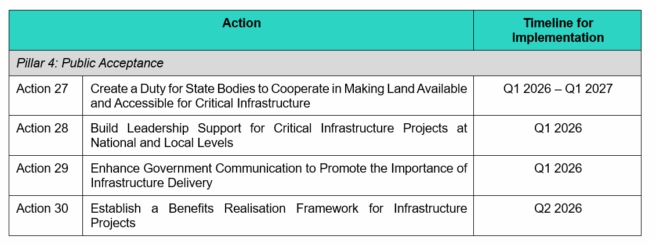This is a very short update to confirm that the Residential Tenancies (Miscellaneous Provisions) Bill (the Bill) has been approved by the Seanad without amendment. The position set out in our update earlier this week therefore reflects what will appear in the final legislation.
A motion regarding the earlier signature by the President was also passed in the Seanad. This request for earlier signature can be made by the Government to speed up the legislative process, and results in signature within 4 days of completion of the last stage in the Houses of the Oireachtas. The Bill should therefore become law next week, in advance of the key 1 March date.
If you have any queries regarding the legislation, please contact Aoife Smyth, Practice Development Consultant, or your usual ALG Real Estate contact.











